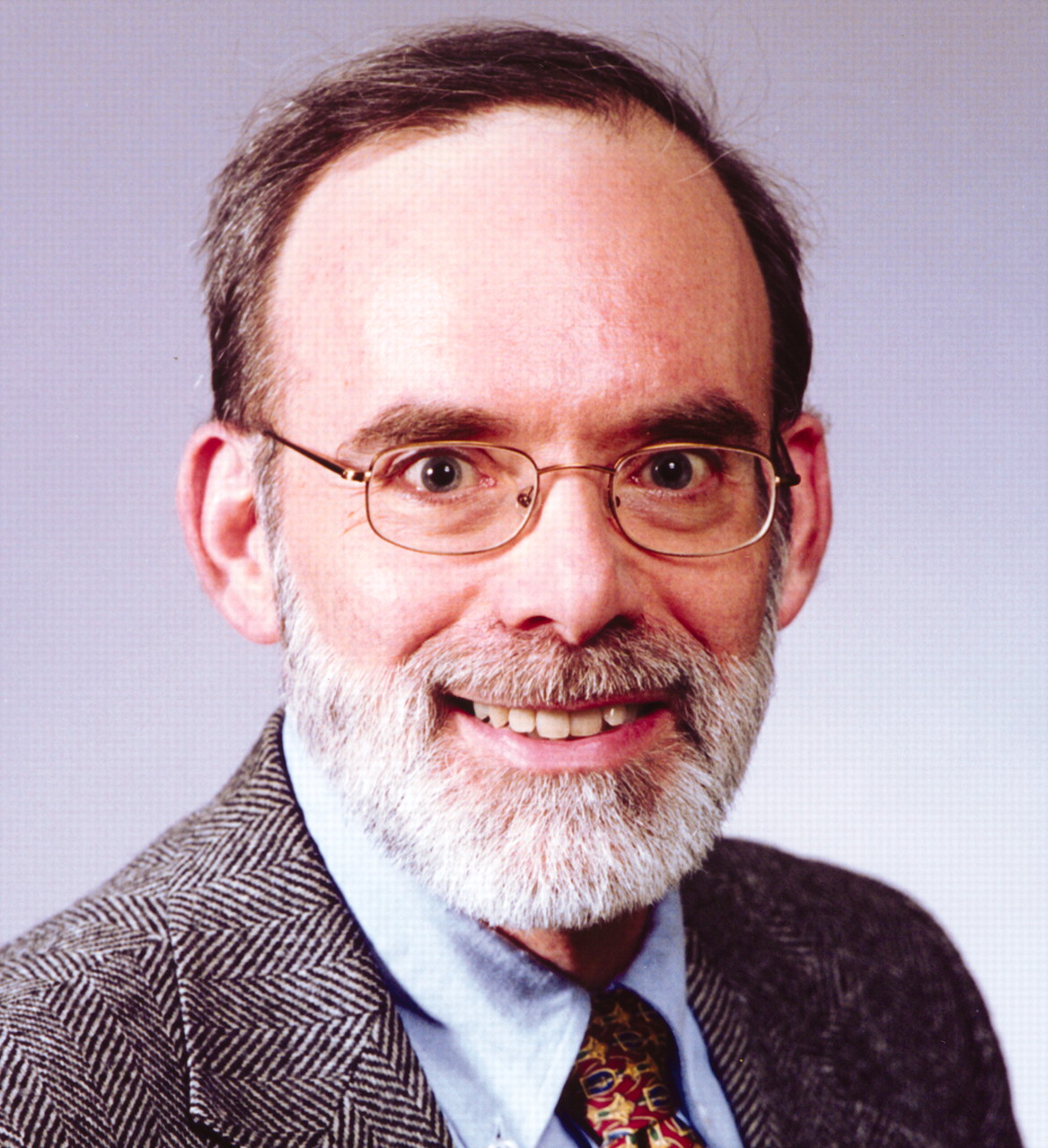Here Comes ‘Lifelong Learning’

Though the goal is worthy, the means of achieving it are flawed. Merely counting the number of hours of lectures and panels that a physician has sat through offers no guarantee that the physician actually has absorbed the information presented—much less that he or she will apply it in practice. Moreover, a physician need not be exposed to the CME material in any systematic fashion. An enterprising CME’er can leap randomly from topic to topic, perhaps even attending sessions exclusively on areas that he or she knows well while avoiding the more challenging task of learning something new. Indeed, CME credits need not even be obtained in one’s own specialty; a psychiatrist could, in theory, fulfill the CME requirement by attending lectures in pediatrics or emergency medicine—however limited their relevance to the psychiatrist’s day-to-day work.
Given all of the limitations of the current system, it should come as no surprise that a change is in the works. When APA leaders met earlier this year with the leadership of the American Board of Psychiatry and Neurology (ABPN), we heard about a new approach to CME that was being developed by the American Board of Medical Specialties (ABMS). Along with the new approach comes a new catch phrase. Out with “continuing medical education”; in with “lifelong learning.”
What’s the difference? Under the ABMS plan, which eventually will be adopted by all member boards, continuing education will be keyed to the specialty recertification process. All psychiatrists certified after October 1994 will need to take a recertification examination every 10 years to maintain their board-certified status. Many who are not required to take the examination may elect to do so anyway as an incentive to undertake a comprehensive review of the field or because a credentialer of some sort has required it. The first recertification exam was given in 2002, and it will be given annually. It is estimated that 500 psychiatrists will need to take the recertification test in 2004, with approximately 1,000 psychiatrists following them each year thereafter.
The ABPN has adopted the ABMS’s proposed Maintenance of Certification requirements. At some point in the future, every psychiatrist will need to develop a personal lifelong learning plan and to demonstrate achievement of the plan’s goals prior to sitting for the examination.
This will be a new kind of challenge for us all. We will have to identify those areas of knowledge in which we are deficient and target an educational process that will bring us up to speed. Simultaneously, in anticipation of recertification examinations, we will need to stay abreast of the field as a whole in a more comprehensive way than we have had to in the past.
Of course, many psychiatrists do this already. I remember standing in front of the American Psychiatric Press Inc. exhibit at a recent APA annual meeting and, when a new book on the cytochrome P-450 enzyme system caught my eye, I decided it really was time for me to catch up on how competition for the same enzymes by different medications can affect the dosages we should be prescribing for our patients. This was something I’d meant to do for a while, but it’s hard to deny that there was something much too contingent about the process. Had I not happened to see the book I needed, I might never have fulfilled my resolution to learn something more about this area.
APA looks forward to playing a major role in helping psychiatrists to rationalize their continuing education and to cope with the new lifelong learning initiative. As an initial step, APA’s Division of Education, Minority, and National Programs, in collaboration with the American Psychiatric Press Inc., has designed a new quarterly journal, FOCUS: The Journal of Lifelong Learning in Psychiatry. Deborah Hales, M.D., director of APA’s Division of Education, Minority, and National Programs, and Mark Rapaport, M.D., are the co-editors (see story on Original article: page 1). Beginning in January 2003, FOCUS will cover systematically all the topics that psychiatrists have to know for recertification. These range from bipolar disorder to ethics, from eating disorders to sleep disorders. Over every three-year cycle, FOCUS is designed to provide a complete overview of major topics in psychiatry.
Each issue will contain a comprehensive review article, a shorter “clinical synthesis” article, reprinted “critical articles” from the literature, relevant practice guidelines, and CME (or maybe we should say LLL—for lifelong learning?) questions with five hours of credit for each issue; 20 hours of credit can be earned for the year-end self-assessment test. Continuing education questions can also be answered online, similar to programs that are currently in operation for the New England Journal of Medicine, Pediatrics, and Neurology. This kind of comprehensive, systematic review process will probably need to be part of every psychiatrist’s lifelong learning program.
As physicians, we face increased demands for accountability of many kinds. Trainees now need to demonstrate actual competence at performing specific procedures, rather than merely passing pencil-and-paper tests. The medical records we write are sampled to ensure that they are complete and justify the billings we have submitted. We are asked to provide evidence of training in areas for which we are requesting privileges from the hospitals and clinics in which we work. There is no question that many of these new requirements create additional hassles for us. But when done right, they yield considerable benefits as well. The coming focus on lifelong learning offers us an opportunity to rationalize the ongoing education that is an integral part of being a physician. APA is aiming to help make this the best possible experience for psychiatrists. ▪



